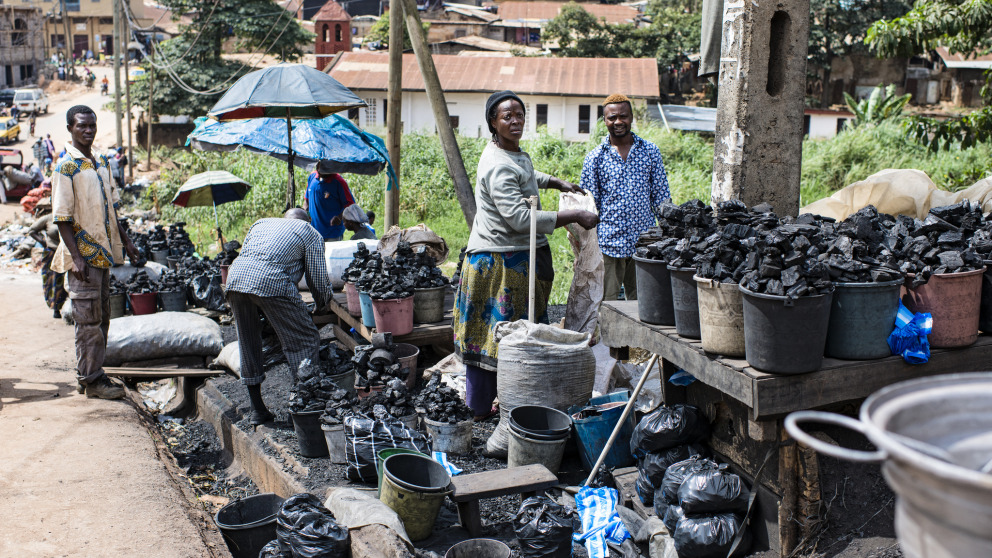Investigating the Systemic Impacts of the Global Energy Transition (ISIGET)
Duration

The international energy transition is already delivering numerous benefits, but it is also creating new inequalities. The risks posed by this transformation will impact especially on developing countries, which lack access to technologies and capital. What, then, can be done to ensure that these countries can also make the transition to a low-carbon economy? This is the focus of a new project that will develop recommendations for equitable forms of governance to reconcile conflicting policy goals.
Unequal access to technologies and capital
The energy transition throws up a range of systemic risks that are particularly pertinent to the countries of the Global South: Investments in fossil-based sources of energy are no longer likely to be profitable over the longer term, while those holding patents to the technologies vital to a low-carbon economy will be at an advantage in future. However, these patents are held almost exclusively by OECD countries and China. Research conducted within the scope of this project will offer insights into how the benefits of the energy transition could be more equitably distributed. At the outset of this project, the researchers will interview decision-makers from the finance and insurance industries and government agencies about their views on the systemic risks entailed by the global energy transition. In the next step, the team will conduct scenario analyses, factoring in the relative economic development, quality of institutions, and fossil resource wealth of select countries. These analyses will reveal the type and extent of macro- and socio-economic risks to which countries in the Global South in particular are exposed.
Working with affected parties to identify solutions
Complementing these scenarios, the researchers will also carry out select case studies in different global regions. These studies will include interviews with decision-makers from local businesses, corporate finance, and development agencies and banks. This will enable researchers to identify welfare effects, development impacts, and distributional effects as well as the financial and trade risks for different types of scenarios. In conclusion, the researchers will develop policy options for addressing the challenges facing developing nations in the context of the global energy transition. The results of this research will be fed into France, Germany and Europe through the publication of policy briefs and articles in media outlets. In each of the project phases , articles and opinion pieces will be published in scientific journals. At its conclusion, the existing global and regional policy initiatives in the public, private and PPP domains will be critically assessed in a comprehensive policy-oriented report that will present a series of relevant policy proposals. The project has been awarded 1.5 million euros in funding through the Franco-German fellowship programme to support research in the areas of climate, energy and Earth systems science as part of the French flagship initiative „Make our planet great again" founded by President Emmanuel Macron in June 2017. The Federal Ministry of Education and Research will provide 15 million euros for the entire programme and the French [Ministry of National Education[(http://www.education.gouv.fr/) 30 million euros.
The Investigating the Systemic Impacts of the Global Energy Transition (ISIGET) project is funded by the Federal Ministry of Education and Research (BMBF) under the "Make our Planet Great Again - German Research Initiative", grant number 57429628, implemented by the German Academic Exchange Service (DAAD).